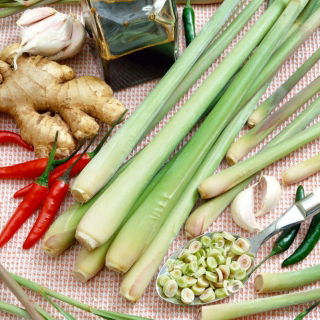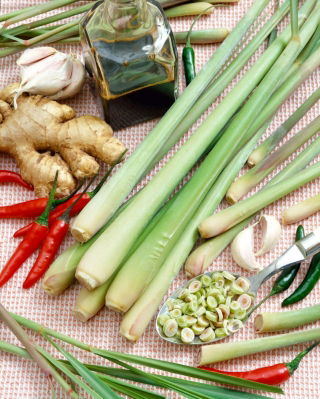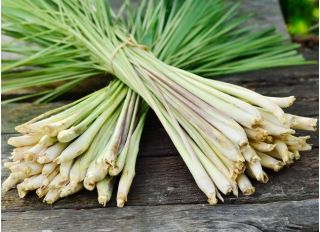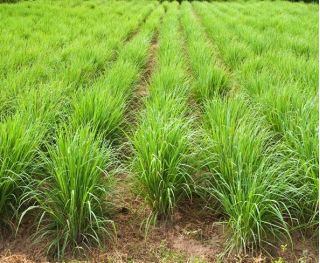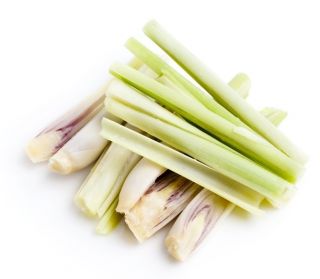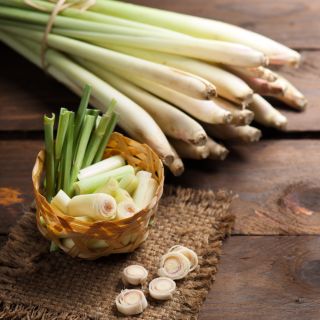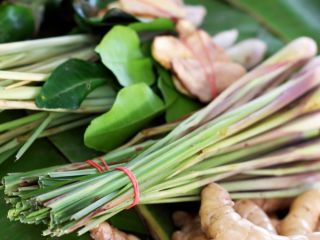- US Dollars ($)
- Euro (€)
- GB Pound (£)
- Chinese Yuan (元)
- Swedish krona (kr)
- Russian ruble (₽)
- Hong Kong dollar (HK$)
- Norwegian krone (kr)
- Indian rupee (₹)
- New Taiwan dollar (NT$)
- Danish krone (kr)
- Hungarian forint (Ft)
- Saudi riyal (SR)
- Bulgarian lev (лв)
- Czech koruna (Kč)
- Israeli shekel (₪)
- Indonesian rupiah (Rp)
- Japanese yen (¥)
- Korean won (₩)
- Malaysian ringgit (RM)
- Romanian leu (leu)
- Swiss franc (Fr.)
- Serbian dinar (din)
- Vietnamese đồng (₫)
- Ukrainian hryvnia (₴)
- Turkish lira (₺)
- Thai baht (฿)
- CAD Dollars ($)
- English
- German - Deutsch
- French - Français
- Spanish - Español
- Italian - Italiano
- Swedish - Svenska
- Russian - Русский
- Norwegian - Norsk
- Danish - Dansk
- Nederlands
- Estonian - Eesti keel
- Finnish - Suomalainen
- Hungarian - Magyar
- Latvian - Latviešu valoda
- Lithuanian - Lietuvių
- Portuguese - Português
- Chinese - 中文
- العربية - Arab-c
- Bulgarian - български
- Czech - Čeština
- Greek - Ελληνικά
- پارسی - Persian
- עברית - Abrit
- Croatian - Hrvatski
- Indonesian - Bahasa Indonesia
- Japan - 日本語
- Korean - 한국어
- Malay - Melayu
- Romanian - Română
- Slovak - Slovák
- Slovenian - Slovenščina
- Serbian - Српски
- Thai - ไทย
- Turkish - Türkçe
- Ukrainian - Українська
- Vietnamese - Tiếng Việt
- Hindi - हिंदी
- Categories
-
Seeds
-
Vegetable Seeds
-
Flower Seeds
-
- Ageratum, Flossflower seeds
- Alyssum seeds
- Amaranth Seeds
- Aquilegia, Columbine seeds
- Aster seeds
- Aubrieta Seeds
- Begonia seeds
- Bellis perennis, Daisy seeds
- Californian Poppy Seeds
- Campanula, Bellflower seeds
- Celosia, Cocksbomb seeds
- Centaurea, Cornflower seeds
- Chrysanthemum, Painted Daisy seeds
- Coleus seeds
- Convolvulus seeds
- Coreopsis seeds
- Cosmos seeds
-
- Datura seeds
- Dianthus, Carnation seeds
- Echinacea, Coneflower seeds
- Flower seed mixtures
- Forget me not seeds
- Foxglove seeds
- Gaillardia Seeds
- Gazania seeds
- Geranium, Pelargonium seeds
- Godetia seeds
- Gourd, Ornamental squash seeds
- Gypsophila, Baby's Breath seeds
- Hollyhock seeds
- Impatiens seeds
- Ipomoea, Morning glory seeds
- Calabash, Bottle Gourd seeds
- Larkspur, Delphinium seeds
-
- Limonium, Statice seeds
- Lobelia seeds
- Lupin, Lupine seeds
- Lychnis, Catchfly seeds
- Mallow Seeds
- Marigold, Tagetes seeds
- Milkweed Seeds
- Nasturtium seeds
- Nemesia seeds
- Nepeta, catmint seeds
- Nicotiana, Ornamental Tobacco seeds
- Nigella, Love in a mist seeds
- Pansy seeds
- Petunia and Surfinia seeds
- Phlox seeds
- Poppy seeds
- Primula, Primrose seeds
-
- Red Valerian, Centranthus Seeds
- Ricinus, Castor bean seeds
- Runner bean seeds
- Safflower seeds
- Salvia, Ornamental sage seeds
- Snapdragon Seeds
- Stock seeds
- Strawflower, Golden everlasting seeds
- Sunflower seeds
- Sweet pea seeds
- Tunbergia, Black-eyed Susan Vine seeds
- Verbascum, Mullein seeds
- Verbena seeds
- Veronica, Speedwell seeds
- Viola, Violet seeds
- Zinnia seeds
-
- Herb Seeds
- Sprouting Seeds
-
Flower Bulbs
-
Garden Equipment
-
At home
- Around home
-
Fertilizers
-
- All-purpose fertilizers
- Autumn and winter fertilizers
- Blueberry fertilizers
- Boxwood fertilizers
- Bulb plants' fertilizers
- Grass and lawn fertilizers
- Citrus plant fertilizers
- Compost
- Conifer fertilizers
- Dolomite and lime fertilizers
- Dry powder fertilizers
- Fertilizers for balcony and terrace plants
- Fertilizers for moss-infected lawns
- Fertilizers in pump sprayers
-
- Fertilizers in watering cans
- Fertilizers sticks
- Fertilizers with leaf shine
- Flowering plant fertilizers
- Fruit fertilizers
- Fruit tree fertilizers
- Garden plant fertilizers
- Gel fertilizers
- Geranium fertilizers
- Green plant fertilizers
- Herb fertilizers
- Home plant fertilizers
- Hydrangea fertilizers
- Lavender fertilizers
-
Lemon Grass, renowned for its unique flavour and aroma, is an essential plant for any garden. Its distinctive lemon scent and taste pair beautifully with a variety of dishes, from soups and salads to aromatic teas. This versatile plant can be cultivated both in a greenhouse and in indoor pots, making it accessible for every gardening enthusiast. Lemon Grass reaches a height of 40 to 100 cm, allowing for easy placement in different parts of the garden. Its culinary and decorative properties make it a must-have addition to your collection.
Sowing
Lemon Grass requires careful sowing to ensure optimal growth conditions. It is important to spread the seeds evenly on the soil surface and cover them lightly with a thin layer of earth. This will provide the necessary conditions for germination.
Sowing Depth
Lemon Grass seeds should be sown at a depth of 0.2 cm. This depth ensures that the seeds have access to light and moisture, which accelerates germination. It is recommended to gently cover the seeds with a thin layer of soil to protect them from drying out.
Sowing Period Under Cover
When to sow Lemon Grass seeds under cover? The beginning of the year, particularly February and March, is the best time to start sowing this aromatic plant under cover. Ensuring the right temperature and humidity will speed up seed germination.
Planting Time
May is the best time to transplant Lemon Grass to its permanent location. By then, the plant's root system will have developed sufficiently, and it will be ready for further growth in the garden or on the balcony. It is important to choose a sunny spot, which will positively impact its development.
Plant Spacing
The optimal spacing for Lemon Grass is 30x30 cm. This provides the plant with enough space for free growth and development. It avoids competition for water and nutrients, promoting healthy growth.
Site Conditions
Lemon Grass prefers well-sunlit locations, which enhances its aromatic properties. It thrives best in well-drained soils rich in nutrients. Regular watering and moderate fertilisation will ensure vigorous growth and an abundance of leaves. It's also worth providing protection from strong winds, which can damage the delicate leaves.
Growing Tips
Regular watering is essential for Lemon Grass, particularly during periods of intense growth. The use of organic fertilisers is recommended to support the plant's development. Regular trimming of the leaves encourages the plant to produce new shoots and maintain a compact form.
Usage
Lemon Grass is indispensable in Asian cuisine, where it is used to flavour soups, sauces, and meats. Its fresh leaves impart a unique lemony aroma to dishes. It can also be dried to prepare aromatic teas that refresh and energise.
Resistance to Diseases
Lemon Grass shows considerable resistance to diseases and pests, making it easy to grow even for novice gardeners. However, it is advisable to monitor the plant for any signs of infection and respond promptly to ensure healthy growth.
Good to Know
Lemon Grass is a perennial plant that can be grown both in the ground and in pots. Its leaves can be harvested successively throughout the growing season. The more leaves are harvested, the quicker the plant will produce new shoots, promoting bushiness.
Why Buy from Garden Seeds Market
Garden Seeds Market guarantees high-quality seeds that are carefully selected and subject to laboratory testing. Satisfied customers praise the prompt delivery and professional service. By purchasing from our store, you are assured of receiving a top-quality product that meets the expectations of even the most demanding gardeners.
The package contains 0.2 g of seeds. The packaging provides information on cultivation guidelines and the sowing expiry date.
New


My account
Store
Customer information
Information

© -2025 Gardenseedsmarket.

